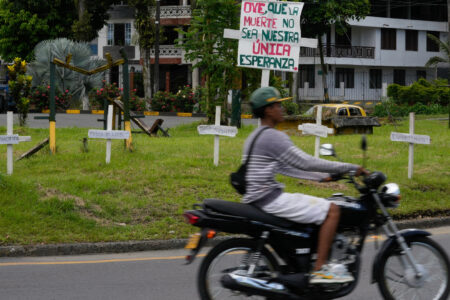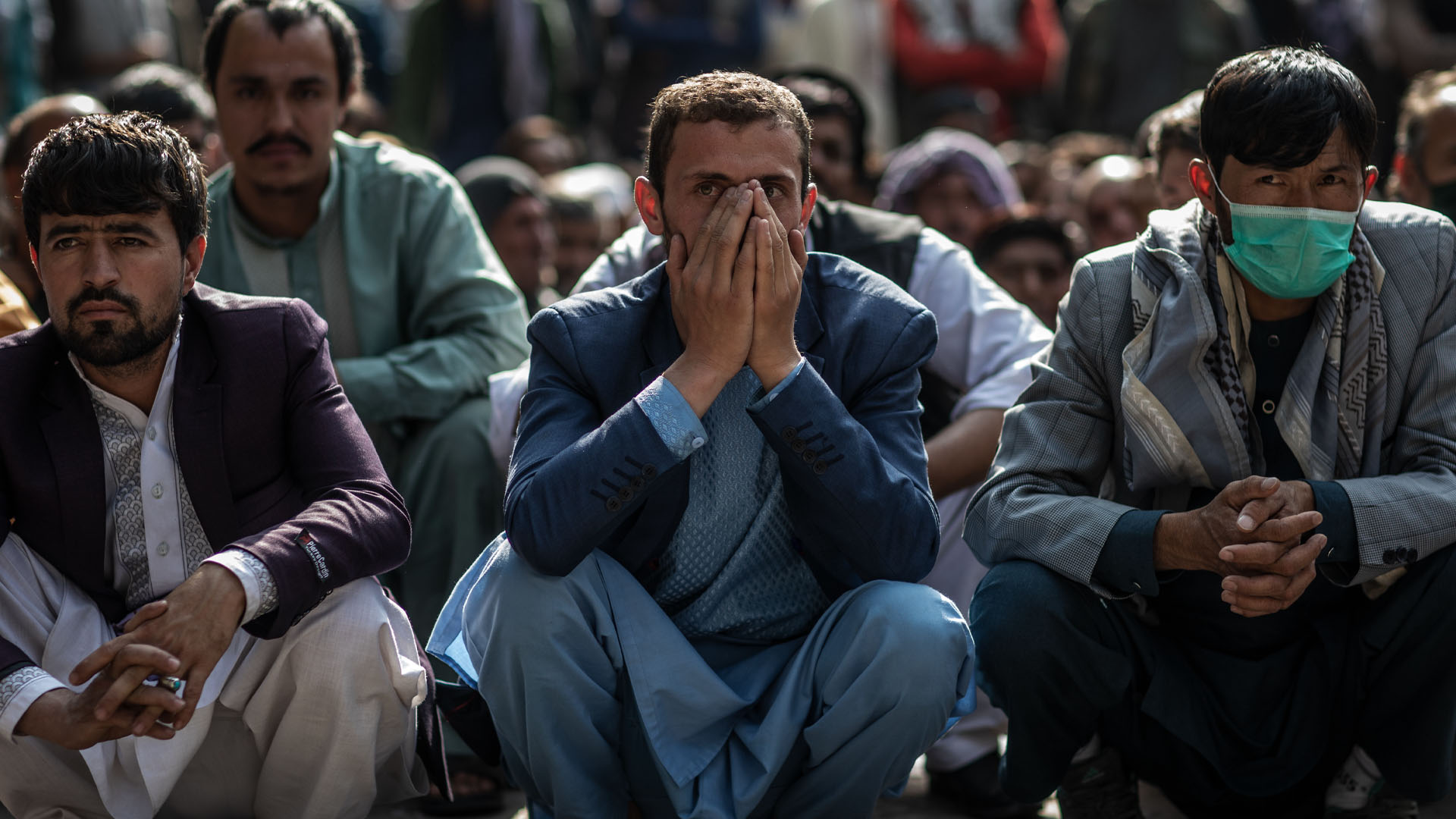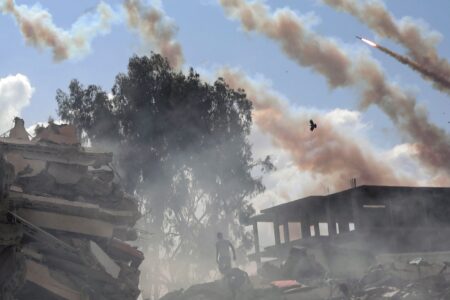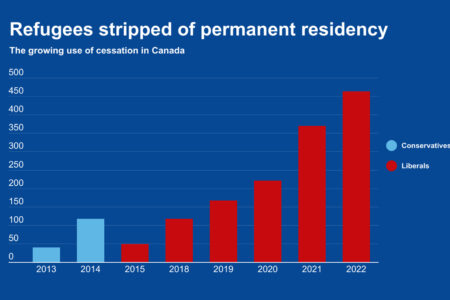
Now that the federal election is over, it’s time to make urgent policy decisions in response to the Afghan crisis. People remain in peril there and Canada needs to play its part domestically and on the international front.
Canadians worked side-by-side with Afghan nationals to improve security, democracy, human rights, women’s rights, girls’ education and a free press in Afghanistan. Canada has a moral obligation to help people who are now at risk. Even if there is no direct link to Canada, coming to the aid of people in danger is the humanitarian thing to do, the right thing to do. It’s what Canada does and has done well in other refugee crises.
Here’s our suggested to-do list of what government should tackle on an urgent basis.
Get people out
Canada should intensify its work with allies on the diplomatic front to encourage the Taliban to allow safe passage out of the country. Afghans with travel authorization to Canada can then leave the country. We should also continue to encourage and support neighbouring countries to keep their borders open to fleeing Afghans and allow Canadian immigration processing to take place in these countries of first asylum.
Increase government assisted refugees
Prior to calling the election, the Liberals committed to the resettlement of up to 20,000 vulnerable Afghan nationals through two new programs. They have now doubled their commitment to 40,000. At least half of these should consist of government-assisted refugees. This will expedite arrivals and send a strong message to private sponsors that they are complementing, rather than replacing, government efforts.
Keep extended families together
Every effort should be made to keep extended families together when selecting refugees for resettlement to Canada. Where families have become separated, it is also important to enable and expedite mechanisms to reunite them. Many people living in dire circumstances, whether in Afghanistan or other countries, are ineligible under existing rules to be reunited with family members in Canada.
People in Canada can sponsor certain close family members, but they cannot sponsor others such as adult children or siblings. This creates an untenable situation. Afghans in Canada will have a hard time adapting to their new life when fraught with worry over relatives who are in peril abroad. Both groups will suffer without the mutual support that they can provide.
Pave the way for private sponsorship
Canadians are willing to pitch in but there are obstacles to private sponsorship. First, the lengthy processing times and backlogs must be reduced. Organizations that have sponsorship agreements with government are further hampered by caps on the number of refugees they can sponsor each year.
During the Syrian refugee crisis, the government allowed sponsors to exceed those caps. The same approach should be taken for Afghan refugees. Additionally, as Canada did with the Syrian crisis, privately sponsored Afghans should be deemed “prima facie” refugees without requiring a formal assessment by the United Nations Human Commissioner for Refugees or another state. This will allow groups that are not affiliated with agreement holders to play a strong role in private sponsorship.
Clarify the new humanitarian program
The government has announced a promising new program to resettle vulnerable Afghan nationals who have managed to leave the country. This includes women leaders, human rights advocates, persecuted religious minorities, LGBTI individuals and journalists. The government needs to communicate how eligible people will be identified and what processes will be used for this program. Lists prepared by Canadian organizations, family members and others will be instrumental in identifying candidates.
Speed things up
Afghan refugee claimants in Canada should be fast-tracked at the Immigration and Refugee Board, as has been done for groups from certain other world areas. We also need to expedite the transition to permanent residence for Afghans who entered the country on a temporary permit because they didn’t have the opportunity to complete their immigration processing overseas. Individuals on a temporary permit are not eligible for federal programs available to permanent residents, including income support and the sponsorship of family members.
Strengthen international aid
We cannot forget that most vulnerable Afghans are unable to leave and that millions of Afghan refugees are hosted by neighbouring countries. This reality has existed for decades, exacerbated by the most recent crisis. Perhaps the most important task on the government’s to-do list is to increase humanitarian aid for organizations working on the ground in Afghanistan and neighbouring or nearby countries such as Pakistan and Turkey.
Achieving the items on this to-do list will require sustained government commitment, funding and staffing in Canada and abroad. If Canada can check off all of the boxes, we can be confident that we are doing our part in response to this international crisis.










